3 Questions That Will Uplevel Your New Hire Onboarding
At the annual Rival, formerly SilkRoad Technology Connections conference in Orlando, IDC Research Manager Kyle Lagunas discussed new hire onboarding as a pivotal step between talent acquisition and talent management. And while onboarding is increasingly making its way onto the radar (according to Lagunas, 35 percent of organizations say it’s critically important while 32 percent said it’s very important), fundamental problems are resulting in missed opportunities.
For instance, per the North America Candidate Experience report, only 63 percent of new hires completed forms online, 37 percent received calls from a hiring manager, 25 percent of new hires received a detailed schedule for the first week, 17 percent of employers provided multiple communication channels to new hires, and 15 percent of employers asked for candidate feedback prior to start.
Lagunas offered three questions HR professionals and HR managers should address in order to improve the new hire experience.
What are we trying to accomplish in new hire onboarding?
Impactful people processes affect more than HR metrics: they are tied to business goals.
Ping senior leaders to identify near and long-term, tactical, and strategic goals that will allow you to build a meaningful connection to the organization’s business and culture. Dream big when coming up with these, new employees want to know that the work they do matters – and how. The work doesn’t have to change the world, but it does have to be important to the business and the person.
Who owns what in impactful new hire onboarding?
Leaving onboarding to the new hire is dooming them to fail. But you can’t keep everything within HR either. Consider what role hiring managers, business unit leaders, IT/operations, and executives have to play. Lagunas provided the following potential breakdown as an example:
- Talent Acquisition: Transition to new hire, momentum
- HR: Preboarding, orientation, enablement and empowerment
- IT, Operations: Systems, workstation
- Hiring Manager: Assimilation, acclimatization
- Business Leaders: Mission, vison, values, connection, contextualization
How will we measure the impact on new hire onboarding?
The struggle to gauge the efficacy and impact of people process is real. The goal is to maximize the contributions of new talent from their first days, but a majority of organizations have no meaningful way to track these. HR professionals and hiring managers can move the needle by measuring what they can, measuring frequently and consistently to ensure sound data, and analyzing, reporting, and optimizing that data.
Commonly employed onboarding metrics include time to productivity, program effectiveness, and new hire retention. Regular surveying can produce the data you need. For example, you can track time to productivity through simple surveys with quantifiable scales of 1-5 that ask questions such as, “is this employee performing to expectations at six weeks? 12 weeks?”
Of course, said Lagunas, measurement for the sake of it isn’t enough. Insights must be shared with the business so performance can be put into context!



















